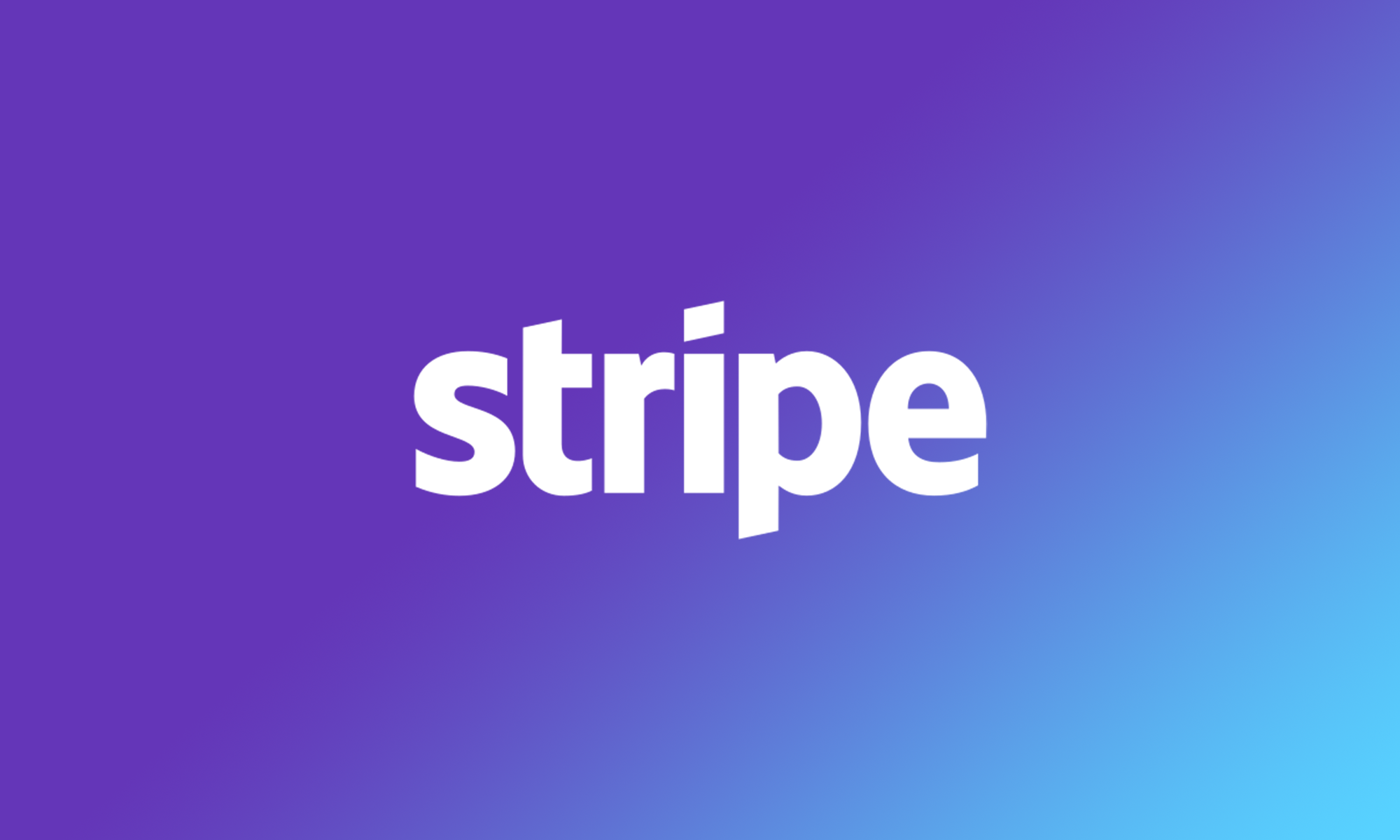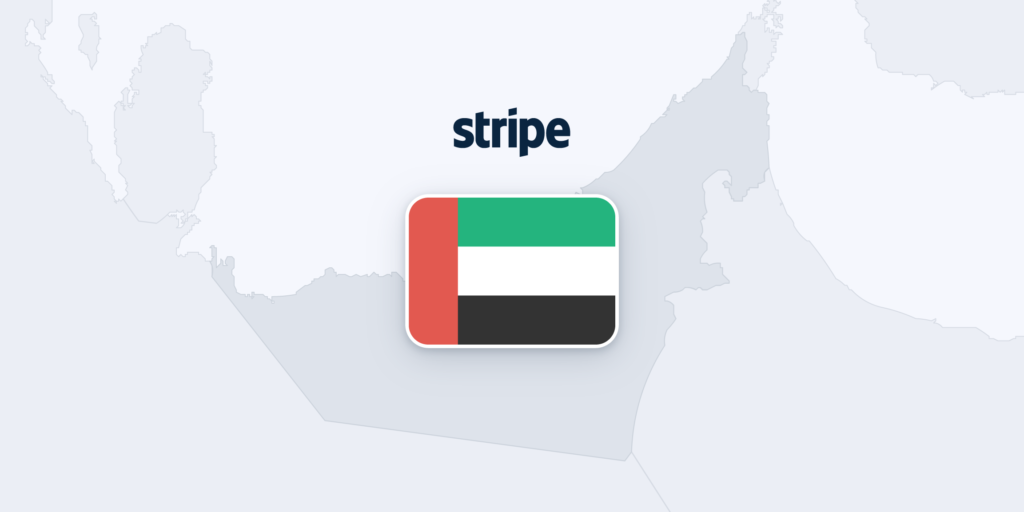News
Stripe Enters The Middle East With Its UAE Launch
Stripe will initially only be available to UAE businesses, allowing them to accept online payments, make payouts, mitigate fraud, and attract customers from around the world.

Stripe, a provider of online payment processing for internet business, has finally expanded to the Middle East with its official launch in the United Arab Emirates. The Irish-American company also opened an office in Dubai Internet City, allowing it to be closer to its new customer base.
At first, Stripe will only be available to UAE businesses, allowing them to accept online payments, make payouts, mitigate fraud, and attract customers from around the world.
“The UAE is a thriving hub for technology, supported by strong investor appetite, internet-savvy consumers, and an open, innovative ecosystem of business leaders and entrepreneurs,” said Matt Henderson, EMEA Business Lead at Stripe. “Our launch today also means we can now connect our global user base to the Gulf, enabling them to seamlessly expand their operations in the region.”

Stripe Newsroom
Stripe’s entry into the Middle East market comes just weeks after its latest round of funding, which has resulted in the company’s value jumping up to $95 billion and making it one of the most valuable fintech companies in the world.
The UAE is the perfect entry point for the online payment processing provider because the total value of digital payment transactions in the gulf country has doubled in the last two years alone, reaching $18.5 billion in 2020. If the UAE remains on the current growth trajectory, its e-commerce sector is expected to add nearly another $10 billion over the next two years.
Also Read: Sarwa Helps UAE Residents Easily Invest In Global Stocks
Another factor that makes the UAE such an ideal expansion point is the fact that accepting online payments in the country has historically been incredibly challenging. Stripe provides a straightforward setup process and developer-friendly APIs, making it easy for companies of all sizes to improve their online presence.
Last year, Stripe launched in the Czech Republic, Hungary, Romania, Bulgaria, Cyprus, and Malta. The company also expanded into Africa via Nigeria technology startup Paystack. In total, Stripe currently processes hundreds of billions of dollars each year.
News
Samsung Smart Glasses Teased For January, Software Reveal Imminent
According to Korean sources, the new wearable will launch alongside the Galaxy S25, with the accompanying software platform unveiled this December.

Samsung appears poised to introduce its highly anticipated smart glasses in January 2025, alongside the launch of the Galaxy S25. According to sources in Korea, the company will first reveal the accompanying software platform later this month.
As per a report from Yonhap News, Samsung’s unveiling strategy for the smart glasses echoes its approach with the Galaxy Ring earlier this year. The January showcase won’t constitute a full product launch but will likely feature teaser visuals at the Galaxy S25 event. A more detailed rollout could follow in subsequent months.
Just in: Samsung is set to unveil a prototype of its augmented reality (AR) glasses, currently in development, during the Galaxy S25 Unpacked event early next year, likely in the form of videos or images.
Additionally, prior to revealing the prototype, Samsung plans to introduce…
— Jukanlosreve (@Jukanlosreve) December 3, 2024
The Galaxy Ring, for example, debuted in January via a short presentation during Samsung’s Unpacked event. The full product unveiling came later at MWC in February, and the final release followed in July. Samsung seems to be adopting a similar phased approach with its smart glasses, which are expected to hit the market in the third quarter of 2025.
A Collaborative Software Effort
Samsung’s partnership with Google has played a key role in developing the smart glasses’ software. This collaboration was first announced in February 2023, with the device set to run on an Android-based platform. In July, the companies reiterated their plans to deliver an extended reality (XR) platform by the end of the year. The software specifics for the XR device are expected to be unveiled before the end of December.
Reports suggest that the smart glasses will resemble Ray-Ban Meta smart glasses in functionality. They won’t include a display but will weigh approximately 50 grams, emphasizing a lightweight, user-friendly design.
Feature Set And Compatibility
The glasses are rumored to integrate Google’s Gemini technology, alongside features like gesture recognition and potential payment capabilities. Samsung aims to create a seamless user experience by integrating the glasses with its broader Galaxy ecosystem, starting with the Galaxy S25, slated for release on January 22.


























